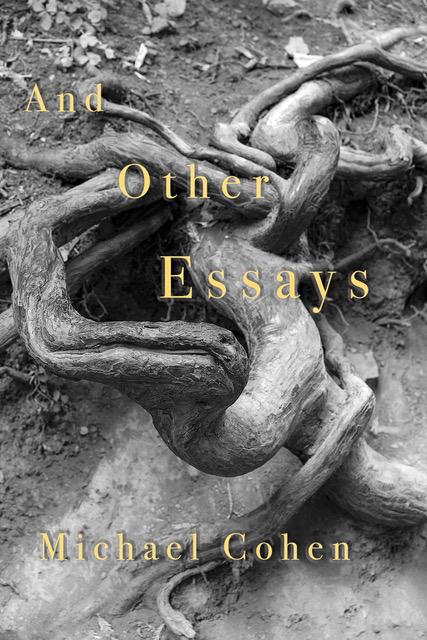In Housekeeping, Marilynne Robinson muses
how odd it would be if a shattered mirror or a window that broke while someone
was examining her reflection were suddenly to heal itself and become whole
again, in the way a still pool into which I might gaze at my own reflection,
disturbed by a pebble dropped into it, would soon reconstitute its reflective
surface. The workings of physical reflection are odd, regardless of the
reflecting surface. Hang up a mirror just big enough that your reflection in it
fills it from top to bottom. Walk away, and then turn after a few paces to look
at your reflection again. The image still fills the mirror; it is no smaller
because of the distance, nor will it cease to fill the mirror if you move
another ten feet, or a hundred. If you return to the mirror and measure the
image of your face in it, you will find that image is just half the size of the
face it reflects. All of this is completely, if not satisfactorily, explained
by the laws of optics. So, too, is the odd fact that mirrors reverse left and
right, but always leave top and bottom alone.
Consider
figurative reflection, and specifically self-reflection. Is your image of
yourself in your mind’s eye diminished to half? Mine is not. David Foster
Wallace famously pointed out that in perception or reflection, we can’t help
being centered in the view and the whole field is ours, is us.
